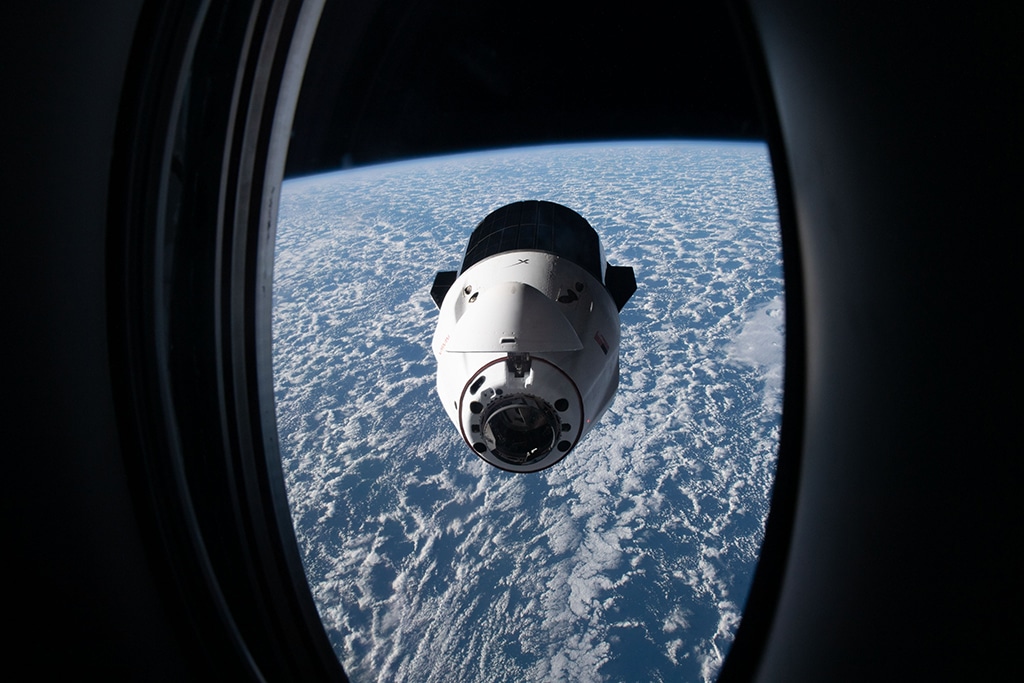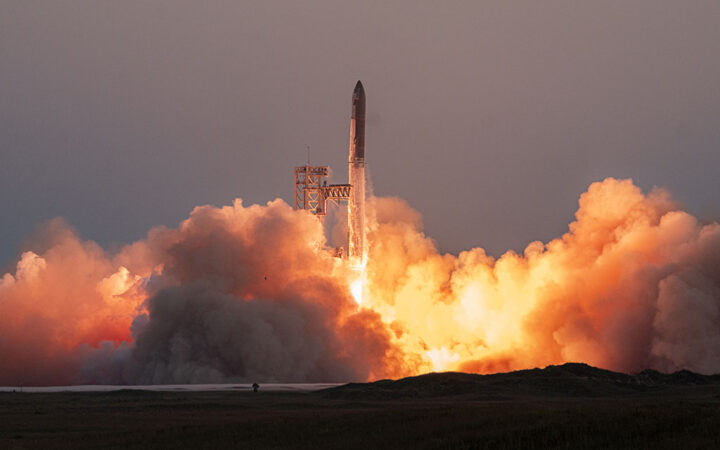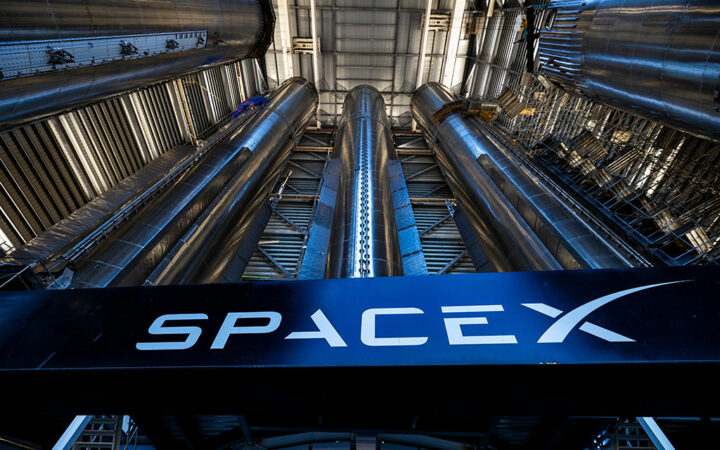
Ibukun is a crypto/finance writer interested in passing relevant information, using non-complex words to reach all kinds of audience. Apart from writing, she likes to see movies, cook, and explore restaurants in the city of Lagos, where she resides.
The FCC permitted SpaceX to launch its approved Ku-band and Ka-band satellites at about 550 kilometers above the Earth.

On 26th August, a US appeals court sustained the approval by the Federal Communications Commission (FCC) for Spacecraft engineering company SpaceX to deploy some satellites in a lower earth orbit other than initially planned. The FCC gave SpaceX the greenlights to launch 2,824 satellites at a lower altitude in 2021. The Commission gave the approval to enhance the Starlink broadband constellations’ performance and bring high0-speed broadband internet to individuals who do not have access to it.
Previously, the spacecraft engineering company could not deploy its constellation between 1,100 and 1,300 kilometers which added more delay to the network. However, the FCC permitted SpaceX to launch its approved Ku-band and Ka-band satellites at about 550 kilometers above the Earth. Following the FCC approval for SpaceX to deploy more satellites at lower altitudes, Satellite television company Dish Network (NASDAQ: DISH) and broadband competitor Viasat (NASDAQ: VSAT) stood against the order. Dish Network and Viasat were against the modification to the regulatory license that permits SpaceX to operate at lower altitudes under the authorization of the FCC.
According to Viasat, the FCC needed to perform a thorough environmental review of SpaceX’s constellation. The communications company challenges that the FCC should have conducted the study before authorizing the operation of more SpaceX satellites at lower altitudes in low Earth orbit. Notably, the Commission has an exemption on the environmental impacts of satellite systems. The exemption is based on an analysis from the mid-1980s that explains that each satellite launch would not have measurable effects on the environment. In Viasat’s opinion, SpaceX’s starling and plans for more sizable constellations have developed new environmental considerations. The broadband competition added that the constellations require attention from the appropriate agency.
After losing the appeal with the FCC upholding the approval in favor of SpaceX, Viasat referred to the Court’s decision as a setback. In a statement, the communications company said the decision represents a setback for “both space safety and environmental protection.”
“Had the Court forced the FCC to properly grapple with the complicated issues surrounding deployment of mega-constellations in LEO, we believe harmful impacts that otherwise may persist for decades or even centuries to come could have been avoided.”
Viasat added that almost 10,000 satellites had been launched in human history. The company noted that it has only one satellite that flies close to a SpaceX constellation. However, the Court ruled Viasat’s decision as speculative. The broadband competitor is also against a request by SpaceX to get FCC approval for the operation of a second-generation constellation of about 30,000 satellites. The spacecraft engineering company wants this set of constellations to operate between 340 and 614 kilometers in low Earth orbit.
Furthermore, Dish Network stated that the recent Court ruling does not affect FCC’s order that forbids SpaceX and others from interfering with other TV satellites. The TC service provider continues:
“We will remain vigilant in ensuring that SpaceX operations do not harm our millions of satellite customers.”
Read more technology news on Coinspeaker.
Disclaimer: Coinspeaker is committed to providing unbiased and transparent reporting. This article aims to deliver accurate and timely information but should not be taken as financial or investment advice. Since market conditions can change rapidly, we encourage you to verify information on your own and consult with a professional before making any decisions based on this content.

Ibukun is a crypto/finance writer interested in passing relevant information, using non-complex words to reach all kinds of audience. Apart from writing, she likes to see movies, cook, and explore restaurants in the city of Lagos, where she resides.




